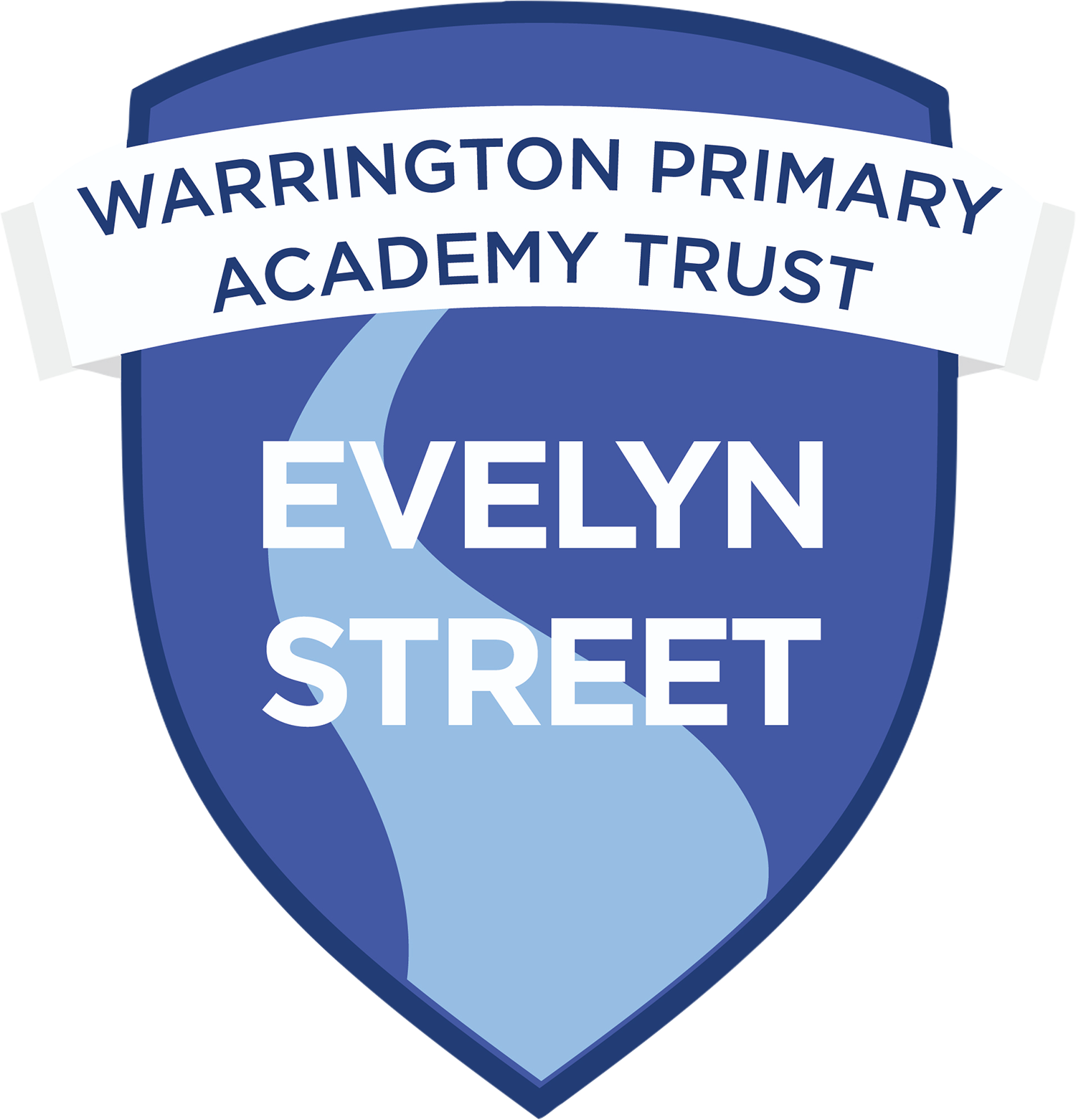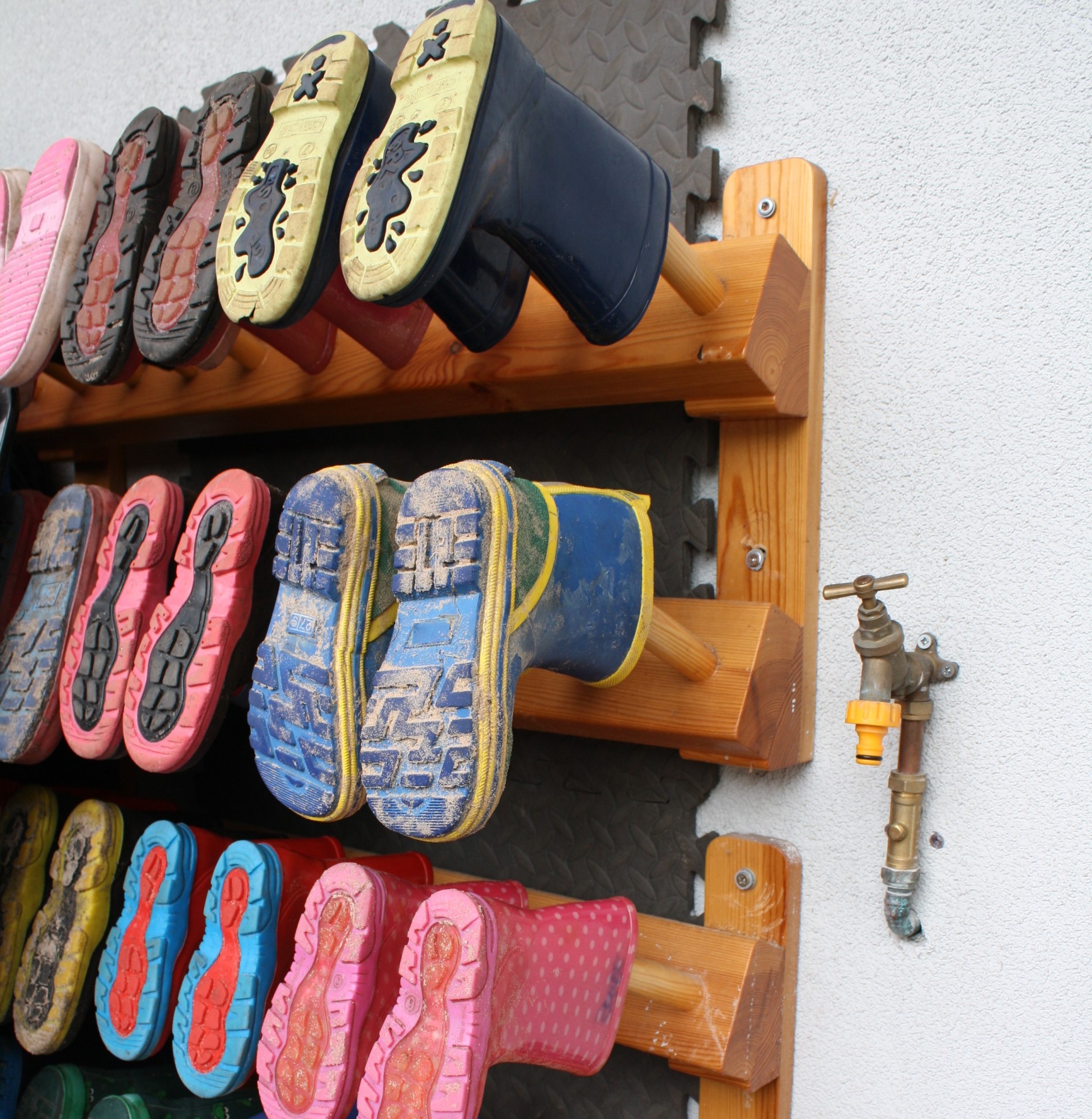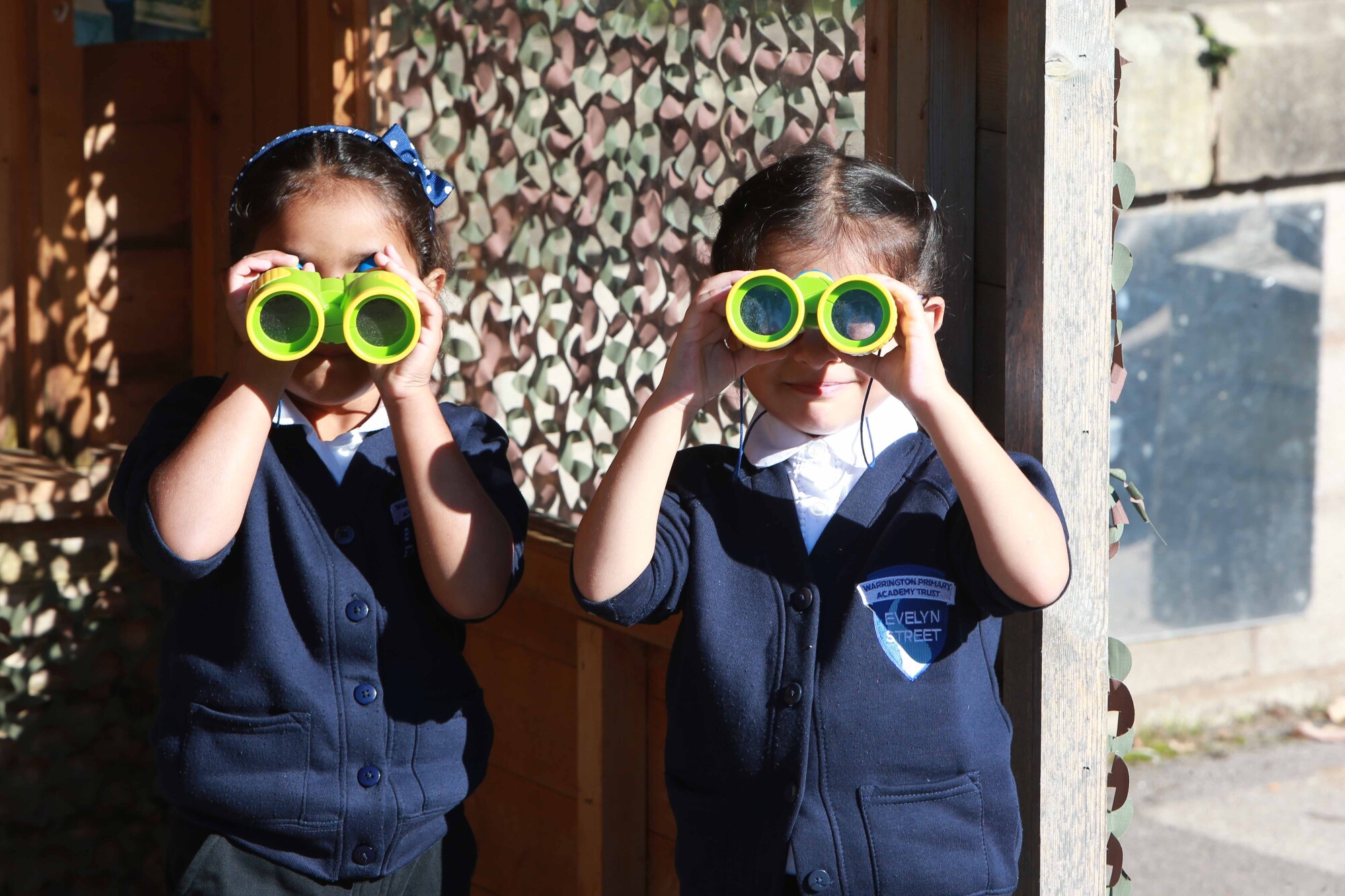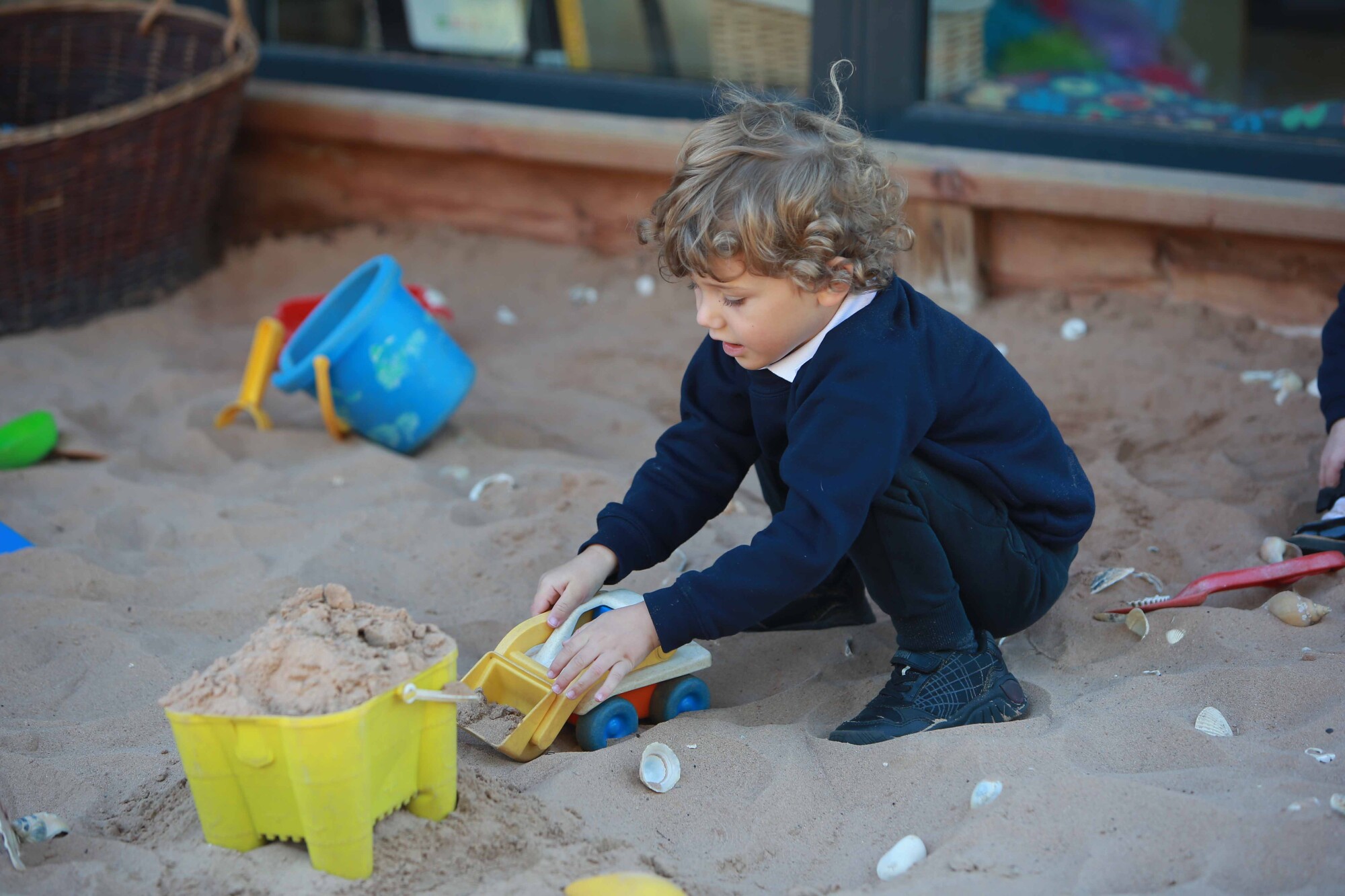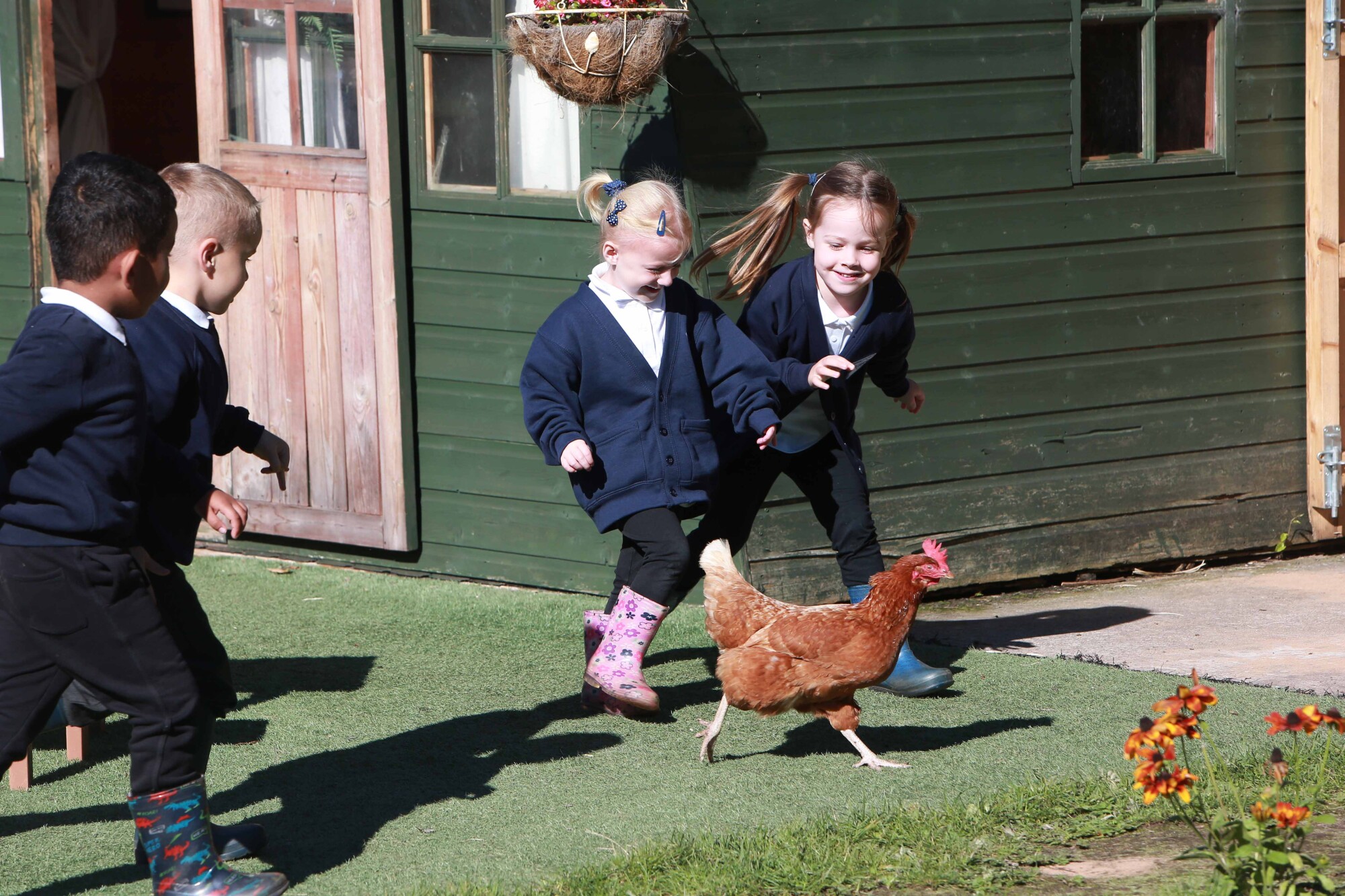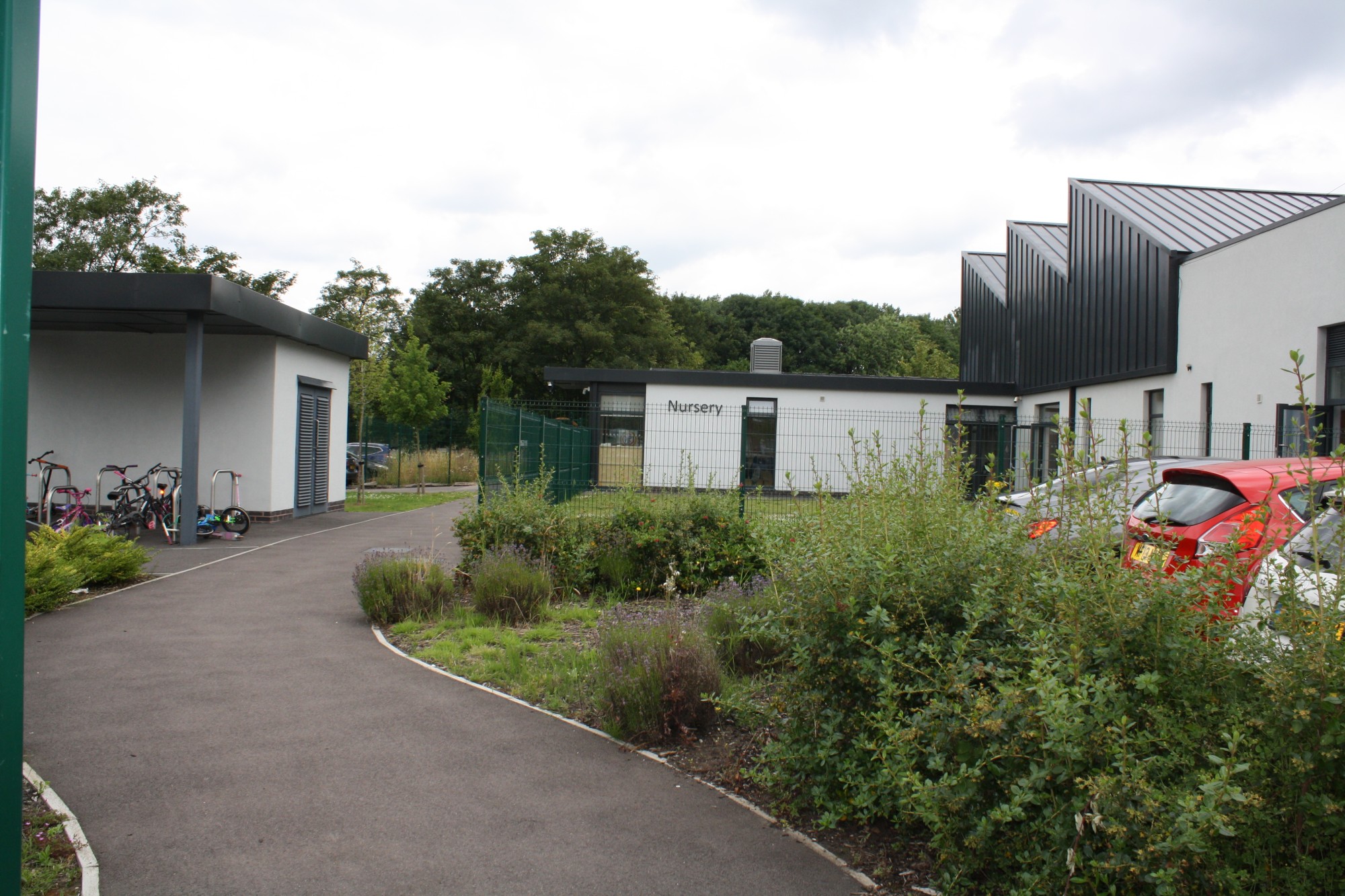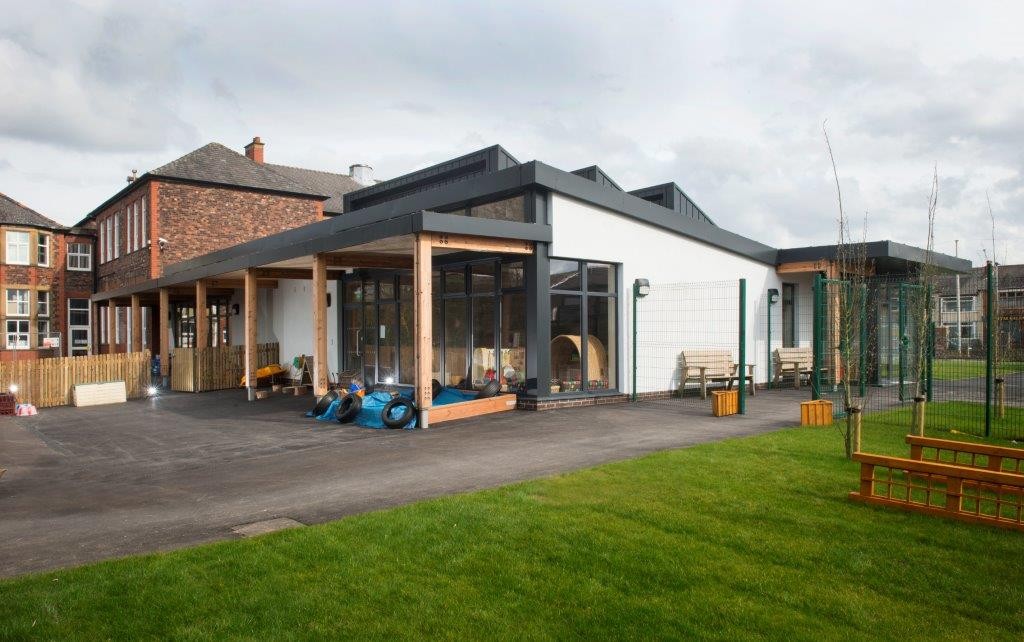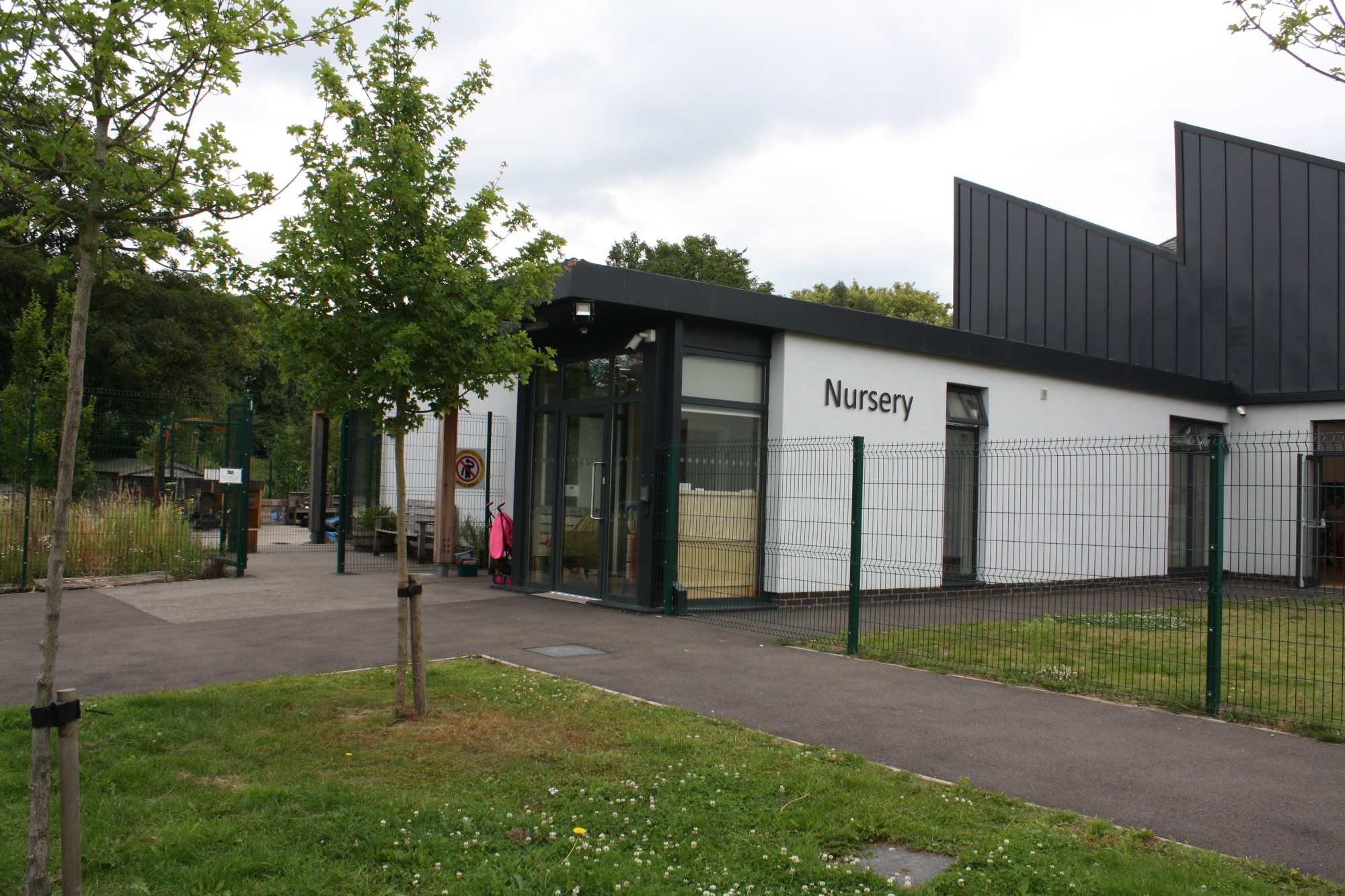Early Years - Nursery & Reception

Our Learning Environment
Play and exploration is fundamental to our Nursery. It means that the children are able to choose activities where they can engage with other children, adults or sometimes play alone. During these activities, the children will learn by first-hand experiences; by actively ‘doing’ as well as through scaffolding and modelling by adults. There will be a wide variety of planned and prepared activities by the adults, as well as allowing time for the children to initiate their own learning. Activities will be planned through discussion with the children around their current interests, as well as taking into account their learning styles and stages of development. We have a fantastic outdoor area that the children can learn in whatever the weather. The children are encouraged to develop their self-confidence, resilience to learning and independence throughout the school year.
Parents As Partners
We believe in having a good partnership with parents and carers. Together we can help your child to become a happy and successful learner!
You can help your child by:
- Sharing and enjoying books and stories with your child
- Encouraging your child to write for different purposes, for example shopping lists and birthday cards
- Provide opportunities for counting and look out for numbers within the environment
- Regularly talking to them about starting Reception and what to expect
- Encouraging independence in eating lunch, getting dressed and looking after their own belongings
The Early Years Foundation Stage
During their time with us, the children will be gaining an understanding of the Early Learning Goals across the seven areas of learning. These seven areas are as follows:
Prime Areas:
- Communication and Language (listening, attention and understanding and speaking)
- Personal, social, emotional development (self regulation, managing self, building relationships
- Physical development (gross motor skills and fine motor skills)
Specific Areas:
- Literacy (comprehension, word reading and writing)
- Mathematics (number and numerical patterns)
- Understanding the World (past and present, people, culture and communities, and the natural world)
- Expressive Arts and Design (creating with materials, being imaginative and expressive)
In addition, the revised EYFS refers to the different ways that children learn as Characteristics of Effective Learning:
- Playing and Exploring - children investigate and experience things and 'have a go'
- Active Learning - children concentrate and keep on trying if they encounter difficulties, and enjoy achievement
- Creating and Thinking Critically - children have and develop their own ideas, make links between ideas, and develop strategies for doing things
Together with the Prime and Specific Areas, these compromise the knowledge, skills and experiences that are developmentally appropriate for children from birth to 5 years.
